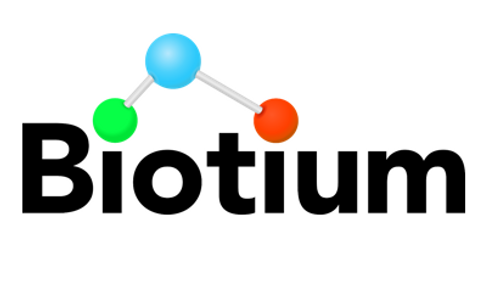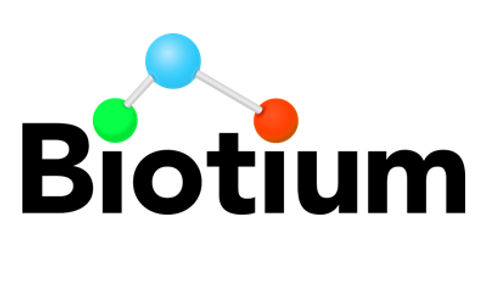Product Description
N-Cadherin Antibody [CDH2/1573] | 33-684 | ProSci
Host: Mouse
Reactivity: Human, Mouse
Homology: N/A
Immunogen: A human partial recombinant protein corresponding to the intracellular portion of CDH2 was used as the immunogen for this Cadherin 2 antibody.
Research Area: Cancer, Signal Transduction, Stem Cell
Tested Application: Flow, WB, IF, IHC-P
Application: Flow Cytometry: 0.5-1ug/10^6 cells in 0.1ml
IF: 1-2 ug/ml
WB: 0.5-1 ug/ml
IHC (FFPE) : 0.5-1 ug/ml
The concentration stated for each application is a general starting point. Variations in protocols, secondaries and substrates may require the Cadherin 2 antibody to be titered up or down for optimal performance.
Specificiy: N/A
Positive Control 1: N/A
Positive Control 2: N/A
Positive Control 3: N/A
Positive Control 4: N/A
Positive Control 5: N/A
Positive Control 6: N/A
Molecular Weight: N/A
Validation: N/A
Isoform: N/A
Purification: Protein G affinity chromatography
Clonality: Monoclonal
Clone: CDH2/1573
Isotype: IgG1, kappa
Conjugate: Unconjugated
Physical State: Liquid
Buffer: PBS with 0.1 mg/ml BSA and 0.05% sodium azide
Concentration: 0.2 mg/mL
Storage Condition: Aliquot and Store at 2-8˚C. Avoid freez-thaw cycles.
Alternate Name: CDH2, CDw325, CDHN, Cadherin-2, CD325, CD325 antigen, N Cadherin, N-cadherin, NCAD, Neural cadherin, N-cadherin 1, Neural-cadherin
User Note: Optimal dilutions for each application to be determined by the researcher
BACKGROUND: Recognizes a protein of ~140kDa, identified as N-Cadherin (NCAD) , also known as Cadherin 2, CDH2 and CD325. Cadherin 2 is a 140 kDa protein belonging to a family of transmembrane molecules that mediate calcium-dependent intercellular adhesion. Cadherins are involved in controlling morphogenetic movements during development and regulate cell surface adhesion through homotypic adhesion with the same cadherin species. Expression of Cadherin 2 has been reported on a variety of normal tissues including neuronal, endothelial and muscle cells, and a subpopulation of early hematopoietic progenitor cells. Results aid in the classification of malignant non-carcinomatous neoplasms including mesotheliomas, chordomas, synovial sarcomas, malignant melanomas, epithelioid sarcomas, epithelioid angiosarcomas, clear cell sarcomas as well as serous and endometrioid tumors of the ovary have been demonstrated to be Cadherin 2 positive, whereas mucinous tumors are negative. Other Cadherin 2-positive neoplasms include renal cell carcinomas and some variant breast tumors, including medullary breast carcinomas and sarcomatoid metaplastic breast carcinomas.
 Euro
Euro
 USD
USD
 British Pound
British Pound
 NULL
NULL

![N-Cadherin Antibody [CDH2/1573] N-Cadherin Antibody [CDH2/1573]](https://cdn11.bigcommerce.com/s-452hpg8iuh/images/stencil/1280x1280/products/575502/812306/porsci_lo__79508.1648973713__20300.1649091945.png?c=2)

![N-Cadherin Antibody [CDH2/1573] N-Cadherin Antibody [CDH2/1573]](https://cdn11.bigcommerce.com/s-452hpg8iuh/images/stencil/100x100/products/575502/812306/porsci_lo__79508.1648973713__20300.1649091945.png?c=2)

![N-Cadherin Antibody [CDH2/1573] N-Cadherin Antibody [CDH2/1573]](https://cdn11.bigcommerce.com/s-452hpg8iuh/images/stencil/500x659/products/575502/812306/porsci_lo__79508.1648973713__20300.1649091945.png?c=2)




